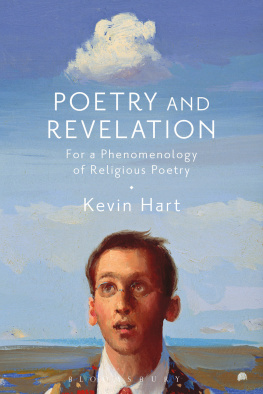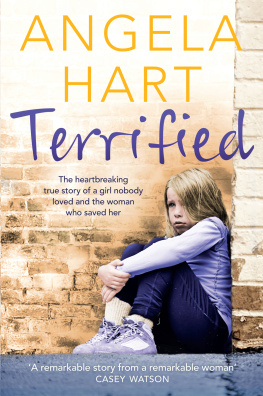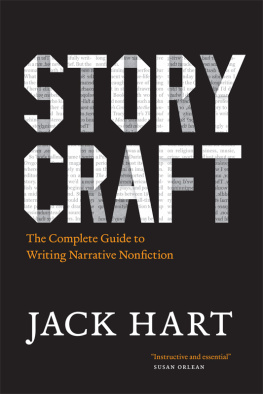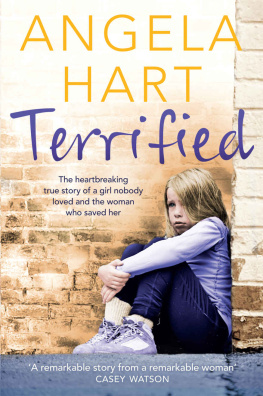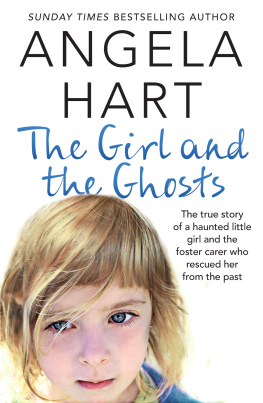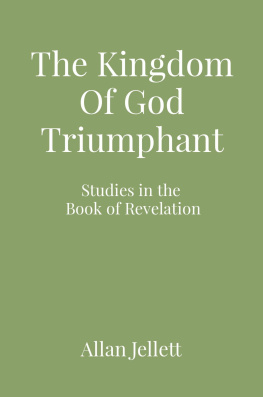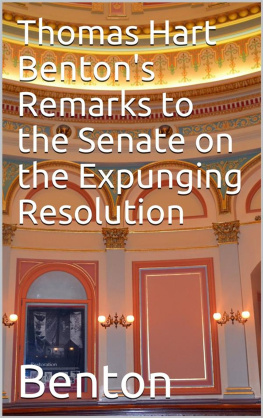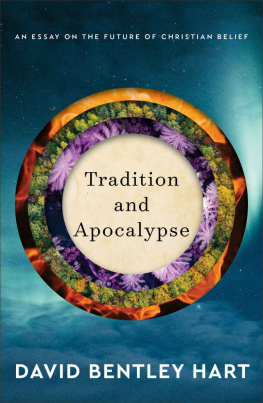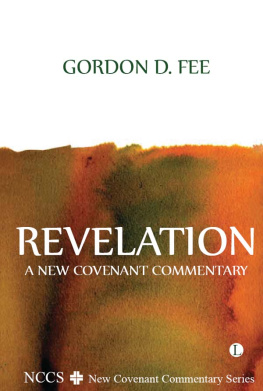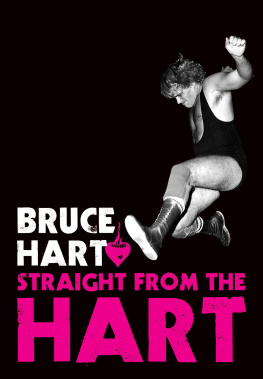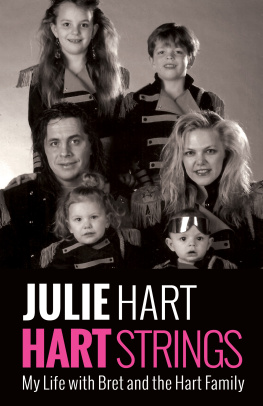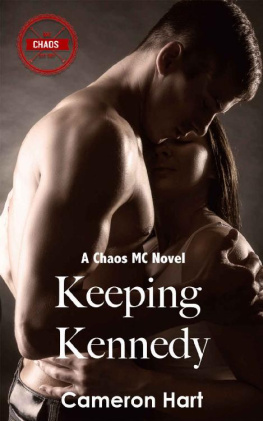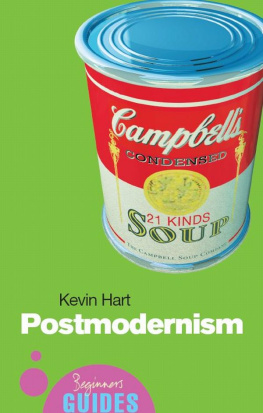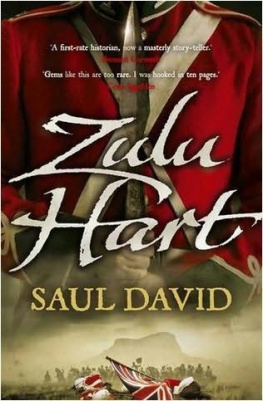Hart - Poetry and Revelation
Here you can read online Hart - Poetry and Revelation full text of the book (entire story) in english for free. Download pdf and epub, get meaning, cover and reviews about this ebook. year: 2017, publisher: Bloomsbury UK, genre: Religion. Description of the work, (preface) as well as reviews are available. Best literature library LitArk.com created for fans of good reading and offers a wide selection of genres:
Romance novel
Science fiction
Adventure
Detective
Science
History
Home and family
Prose
Art
Politics
Computer
Non-fiction
Religion
Business
Children
Humor
Choose a favorite category and find really read worthwhile books. Enjoy immersion in the world of imagination, feel the emotions of the characters or learn something new for yourself, make an fascinating discovery.
Poetry and Revelation: summary, description and annotation
We offer to read an annotation, description, summary or preface (depends on what the author of the book "Poetry and Revelation" wrote himself). If you haven't found the necessary information about the book — write in the comments, we will try to find it.
Hart: author's other books
Who wrote Poetry and Revelation? Find out the surname, the name of the author of the book and a list of all author's works by series.
Poetry and Revelation — read online for free the complete book (whole text) full work
Below is the text of the book, divided by pages. System saving the place of the last page read, allows you to conveniently read the book "Poetry and Revelation" online for free, without having to search again every time where you left off. Put a bookmark, and you can go to the page where you finished reading at any time.
Font size:
Interval:
Bookmark:

Poetry and
Revelation
ALSO AVAILABLE FROM BLOOMSBURY
Becketts Words , David Kleinberg-Levin
Kierkegaards Religious Discourses , David J. Kangas
The Ethics of Time , John Panteleimon Manoussakis
For Sarah Hart
Poetry and
Revelation
For a Phenomenology of
Religious Poetry
KEVIN HART
Bloomsbury Academic
An imprint of Bloomsbury Publishing Plc

Contents
E arlier versions of some of these chapters have appeared in various journals and edited collections. My thanks to the editors for allowing them their first lives elsewhere: a version of was read at a conference held at Wayne State University in October, 2007. My thanks to all my editors and hosts.
Many friends have read these chapters at different stages of their composition, and I am indebted to them for their criticisms and suggestions. In particular, I would like to thank Harold Bloom, Larry Bouchard, Gerald L. Bruns, Stephen Cushman, Jacques Derrida, Alan Gould, Brad S. Gregory, Paul Groner, Geoffrey Hartman, Jean-Yves Lacoste, Claire Lyu, Paul Mariani, Charles Mathewes, Michael L. Morgan, John Nemec, Kate Rigby, Claude Romano, Kurtis Schaeffer, Michael A. Signer, Richard Strier, Alan Toumayan, Henry Weinfield, Sin White, and Robin Darling Young. I would also like to thank the monks of the Abbey of Notre Dame, Tarrawarra, Australia, for their hospitality while I drafted the penultimate chapter of this book.
Permissions
This book includes quotations from the following sources, reproduced with grateful thanks to the following people and places.
From T. S. Eliot, Four Quartets (London: Faber and Faber, 1944) in .
From Geoffrey Hill, Broken Hierarchies (Oxford: Oxford University Press) in .
From A. D. Hope, The Double Looking Glass, Collected Poems 19301970 (Sydney: Angus and Robertson, 1972), Geoffrey Hope and Curtis Brown, in .
From Judith Wright, The Lost Man, Collected Poems, 19421985 (Manchester: Carcanet, 1994), Meredith McKinney, in .
From Robert Gray, New Selected Poems (Sydney: Duffy and Snellgrove, 1998), the author, in .
From Charles Wright, The World of the Ten Thousand Things: Poems 19801990 (New York: Farrar, Straus and Giroux, 1990), Negative Blue: Selected Later Poems (New York: Farrar, Straus and Giroux, 2000), Bye-and-Bye: Selected Late Poems (New York: Farrar, Straus and Giroux, 2011), Caribou (New York: Farrar, Straus and Giroux, 2014), in .
From James McAuley, Piet, Collected Poems, 19361970 (Sydney: Angus and Robertson, 1971), Philip McAuley and Curtis Brown, in .
From The Collected Works of St. John of the Cross , translated by Kieran Kavanaugh and Otilio Rodriguez 1964, 1979, 1991 Washington Province of Discalced Carmelites ICS Publications 2131 Lincoln Road, N.E. Washington, DC 200021199 U.S.A. (.
From Virginia Woolf, Orlando (London: Hogarth Press, 1928), in , HMH Trade Publishing.
Disclaimer: While every effort has been made to trace the copyright holders, if any have been inadvertently overlooked, the author and publishers will be happy to make necessary arrangements at the first opportunity.
P oetry and Revelation : My title seems to speak of two connected things, how revelation of the divine is reflected or refracted in poems. And so it does. Yet it also speaks of a third thing: revelation as the manifestation of phenomena. So while this is a book about what is called, sometimes all too quickly, religious poetry it is also a phenomenological study of this poetry; it seeks to approach responses to positive revelation by way of what the poetry makes manifest in all manner of modes of presence and absence: perception, recollection, anticipation, fantasy, and so on. The care that phenomenology requires of a reader serves to challenge the judgments that are sometimes cursorily made with respect to religious poetry.
The chapters in this book therefore have the conceptual shape of triangles, the apexes of which are poetry, religion, and philosophy. Sometimes the triangle is equilateral, or very close to it; sometimes it is isosceles, or very close to it; and sometimes it is scalene. Always there is a focus on at least one poem, which is read in conjunction with a question or a problem that has been received from the tradition. Apart from some Marian lyrics considered in the penultimate chapter, the poems are all modern ones, and the poets are sometimes very well-known (Gerard Manley Hopkins, T. S. Eliot, Philippe Jaccottet, Eugenio Montale, and Geoffrey Hill), on the way to being well known (Charles Wright), or deserving of having a far wider audience in the United States and Europe (A. D. Hope, Judith Wright, and Robert Gray). Some of the questions, too, are familiar: Why do we think of religious poems as minor? Are we right to think of them in that way? What role or roles does the category of experience play in the writing and reading of poems, especially those written out of experience of God? Others are less so: Are all religious poems in the West answerable to the medieval and modern category of revelation, or are some of them answerable to its conditions, namely revealability? What differences, if any, are there between the two groups? And yet others are perhaps unfamiliar, at least in contemporary literary criticism: Can phenomenology help us to read poetry, especially (as here) religious poetry? If so, what modes of phenomenology are the most helpful?
This last group of questions has imposed itself on me not because I inherited from the criticism of consciousness practiced decades ago by Here, I have sought to show how phenomenological analyses, conducted in my own way, can be used to read poems and answer judgments made by literary criticism. There are three main questions any thinker can and should ask: What? Why? How? The first two are conducted within the natural attitude and belong to metaphysics; the third is the animating question of phenomenology. What philosophers call the phenomenological reduction is the passage from either or both of the first two questions to the third one.
Artists of all kinds tend to be very good at performing this reduction, even if (like most philosophers) they leave it incomplete. They do not always lead us back to the same place, in the same way, in the same direction, or to the same depth. There are some who lead us inwards to consciousness, so that the poems they compose show us how phenomena become meaningful for them from that region of subjectivity that Husserl dubbed transcendental. Others instinctively recoil from the idealism they detect in this approach, and are committed in advance to realism: their aim is to lead themselves and us back to the phenomena that manifest themselves to us in the world about us and to see them freshly, as though for the first time. For my part, I have frequently been interested to see in what ways some poems yield an excess of intuition over intentionality: it is something that Jean-Luc Marion has taught us to watch for in his analyses of saturated phenomena. In addition, however, I have sometimes found that poems composed in the dimension of Christian faith perform what I call the basilaic reduction: they lead us back from the world to the Kingdom. They are not concerned with signaling that we can respond to phenomena without making any presuppositions but rather with affirming that there is one presupposition we need to make in order to view reality properly: that God is the Creator of all that is.
In the opening essays of this book, I seek to show, through close readings of poems by Hopkins and Eliot, that great Christian poets are not bound by what I call the supernatural attitude: regarding creedal truths as though they referred to states and situations of the same modal status as states and situations in the natural world. They may credit these propositions as true yet their poems embody a passage from religious theses to phenomenological concreteness. The poems are properly read when we recognize that they suspend theses about the nature and acts of God and invite us to participate in pre-thetic experience of being in relation with God. Whether God exists, or exists as the poet thinks, is beside the point when it comes to reading a poem. Phenomenology not only leads us back to this layer of pre-thetic experience but also it gives us ways in which to read the poem. In my study of the opening section of Burnt Norton, for example, I try to show how intentional analysis can give us a surer, more nuanced way of reading that elusive section (and hence the Four Quartets as a whole) than we have been used to since its publication.
Font size:
Interval:
Bookmark:
Similar books «Poetry and Revelation»
Look at similar books to Poetry and Revelation. We have selected literature similar in name and meaning in the hope of providing readers with more options to find new, interesting, not yet read works.
Discussion, reviews of the book Poetry and Revelation and just readers' own opinions. Leave your comments, write what you think about the work, its meaning or the main characters. Specify what exactly you liked and what you didn't like, and why you think so.

